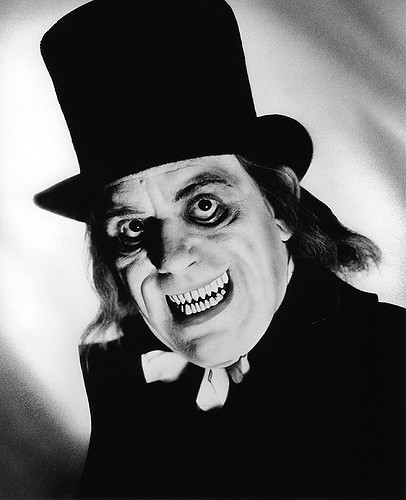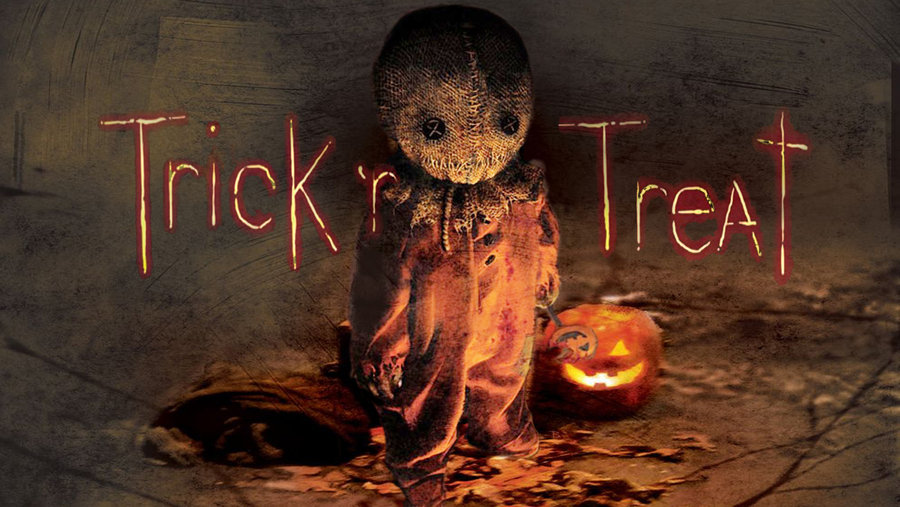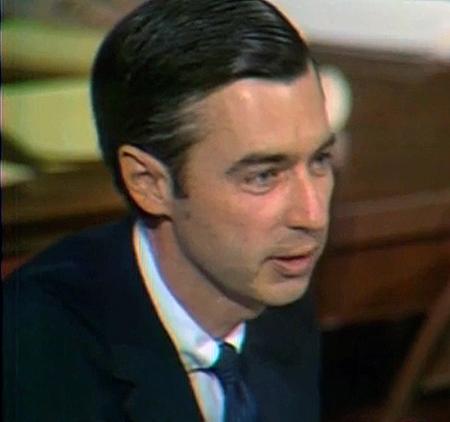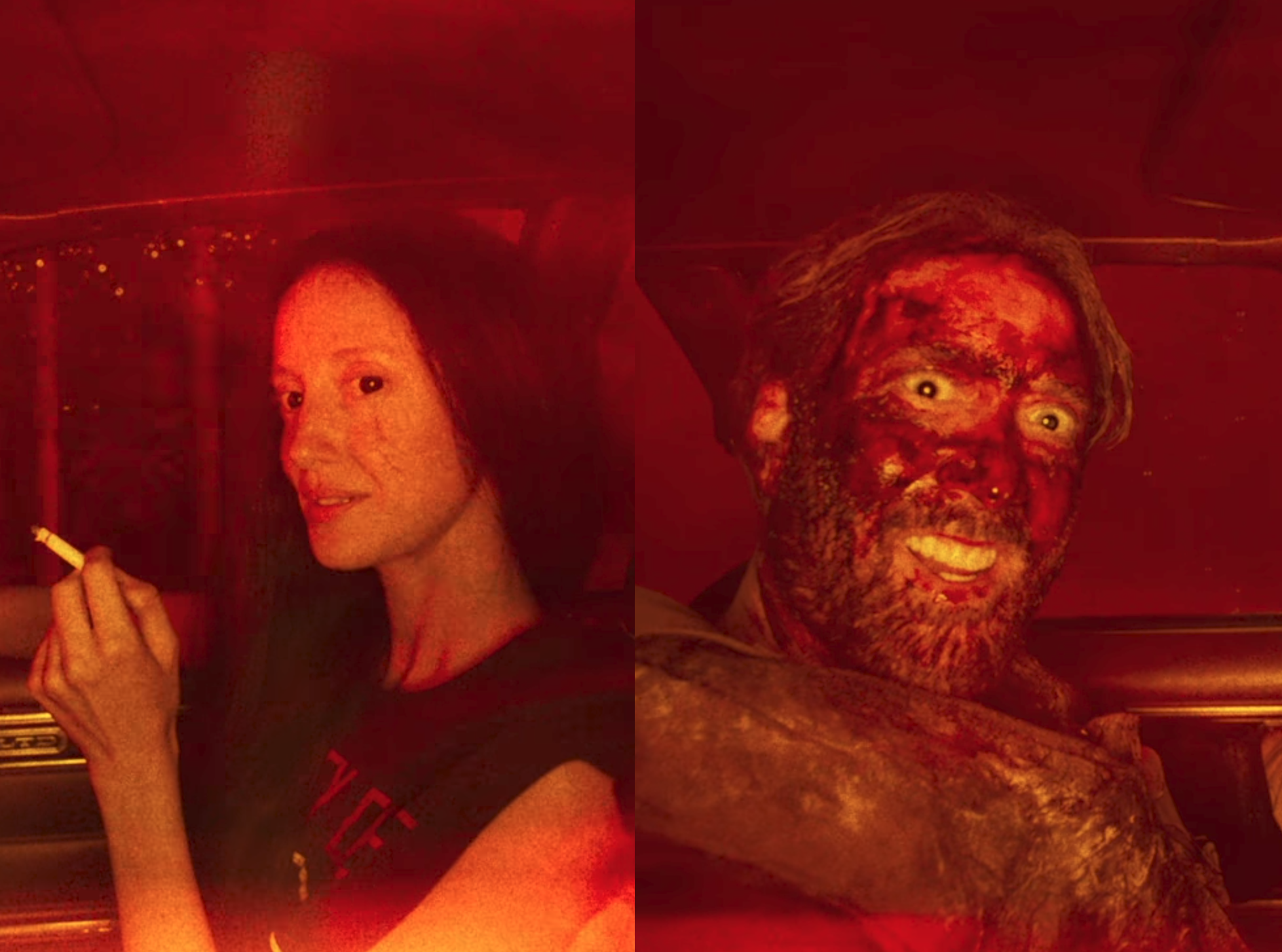A Brief Introduction & Why We Need Horror
HELLO there, and welcome to Film Bleed.
This is a place where I (you can call me Lou) ramble on about film. There will be a bit of a skew towards the horror and sci-fi genres, but I am a lover of all cinema, across the board, and will thereby cover all sorts of ground. As someone whose passion for film runs deep, the intention of my posts, hopefully, will be to share some ideas about the art form (both subjective and objective), the people who make it, why they make it and what makes it so compelling. Also with this site, I hope to introduce some films and filmmakers that perhaps readers may not know about. I intend to spread the word on movies that I think are worth your time and attention.
Now, a bit about me (who ARE me?): Well, I’m a composer, producer and writer to name a few bits. I score and produce music for television and film, mostly commercial work along with several independent film & performance projects. In the mid-oughts, I went to Berklee College of Music in Boston, MA with a focus on film scoring. I grew up in New England and now live in Los Angeles, CA, where I’ve resided for nearly a decade. Regarding Film Bleed, all you really need to know is that, hopefully much like yourself, I love watching movies, I love learning about movies and I love talking about movies.
Now, to the matter at hand: why we need horror.


HORROR is a special genre of art. Whether it be explored through film, literature, music or the visual arts, horror is a category both praised and condemned, applauded and booed. Take, for example, one of literature’s all-time classics, Frankenstein. Receiving mixed reviews at the time of its 1818 publication, one pompous dumbbell from The British Critic wrote:
“The writer of it is, we understand, a female; this is an aggravation of that which is the prevailing fault of the novel; but if our authoress can forget the gentleness of her sex, it is no reason why we should; and we shall therefore dismiss the novel without further comment.”
Today, Mary Shelley’s Frankenstein is undoubtedly considered a classic and very possibly the most important single literary work in the horror genre, far from historical dismissal. H.P. Lovecraft was pretty much a miserable unknown writer from Providence, RI who died in poverty well before he could see the massive impact his prolific work had on horror and science fiction across all mediums. When John Carpenter made Halloween, he showed it to a group of his peers in the USC film program. According to master cinematographer, Dean Cundey (who shot the film), one student stood up after the screening and asked, “Why in the world would you make that kind of movie?” The student apparently then went on to say that the film was low-class and trashy, especially considering it was made by a fellow film student. Today, Halloween is known as the film that undeniably redefined the horror genre in the late 70s and ushered in a massive new wave of suspense and slasher cinema.
And this seems to be a pattern with horror in general. It’s a genre that’s often ahead of its time. Many people are quick to write off the genre perhaps because of its fantasticism or its unabashed propensity for death, violence and the grotesque. But these are themes that we all deal with in our waking lives and in our natural imaginations, and maybe it just takes some time and courage to realize that. There will always be appreciators and lovers of horror. It is a unique flavor of art that always has been and always will be important.
As a kid, I really didn’t watch any scary movies. I didn’t grow up with Freddy or Jason or Michael Myers. I grew up with Fred Astaire movies, Rogers & Hammerstein musicals, live-action Disney flicks from the ‘60s and Laurel and Hardy. The closest thing to horror cinema I experienced as a young kid was witnessing Bambi’s mom getting gunned down by that hunter. I’m not even sure I remember the very first real horror film I watched, but I do remember the moment a light flickered on in one of the unexplored attics of my brain.
It was during the summer of 2009 when I got together with a couple of new unemployed friends on a weekday to drink beer, eat pizza and have a horror movie marathon. I was in my early 20s and new to the West Coast at the time, so my brain was already blooming uncontrollably. The two movies we watched that day that stick out in my mind were Hatchet and Trick ‘r Treat. I was blown away. And it wasn’t necessarily by the quality of the films (although those are still two of my favorites), but rather by the viewing experience. Those guys were certainly much more well-versed in the horror world than I was, and I suppose you could say I got my cherry popped that day. I was in awe of how much fun they were having watching these movies, laughing and cheering at horrifying dismemberments, disgusting monsters and buckets of blood being sprayed all over the screen. Then, I really started getting into the spirit of things and found myself enjoying the various moments of terror occurring before my eyes. I remember having a strange feeling at first, almost like I was a kid again watching my first porno.
To quote Mary Shelley’s Frankenstein, “There [was] something at work in my soul, which I [did] not understand.” It was exhilarating, disturbing, exciting, wrong and triumphant all at once. Since that day, I’ve been hopelessly and unabashedly hooked on horror.

FEAR really does things to people. It’s such a driving force in our human history. It’s primal, ancient, quite possibly our very first experienced emotion as a species. Horror has the ability to hold up a mirror to our fears in a way other genres do not or simply cannot. It forces people to feel fear and examine it as an emotion, as a physical manifestation. Horror causes people to have an emotional, sometimes visceral, reaction to images and situations that they perhaps haven’t explored. It can open deep chambers of the self, in which to explore, and reflect. Why did I feel so strange at first when watching those movies a decade ago? What hadn’t I been exploring? I think any kind of honest self-reflection and actualization, even on a specific personal level, is crucial to the positive progression of modern society. While that sounds perhaps a bit lofty, I think we, as people, want to reflect. We are ego-driven creatures, and we like thinking about ourselves. We like talking about our feelings. There are times when that can be painful and excruciating to do so, but I think giving honest thought to ourselves and each other in this world, is necessary — and at the very least, keeps life interesting. One thing nobody wants to be is uninterested.
The horror genre addresses social issues through indirect and visual storytelling, often exploring important, taboo subjects, that other works could not necessarily get away with or could not deliver on as effectively. What if the premise of Arthur Miller’s The Crucible wasn’t the horror that was the Salem witch trials but, rather blatantly, early-1950s McCarthyism? Would it still have won the 1953 Tony Award for Best Play or have been considered to this day such an iconic work? Would it have even been able to be released at the time? Or, to use a modern example, take Jordan Peele’s Get Out. The racial commentary on today’s America is undoubtedly strong, but it doesn’t come across as overly obvious or heavy-handed. Instead, it effectively subverts your expectations on precisely what kind of commentary it was going to be due to the fantastically horrifying reality of what’s happening in the film. It delivers the audience a representation of themselves and their societies through a uniquely complex and fear-inducing metaphor. It didn’t have to be a horror film, but it is — and therefore much more effective for it.
Stories that scare us are special because they allow us to feel an escape whilst still being able to vicariously explore important issues and situations, both personal and broad. When you watch a horror movie, your brain is aware that you’re only watching a movie, but you also can’t help but inject yourself into a character’s perspective, and that self-submersion can render you scared out of your wits. That’s your imagination at work, without pretense or preparation. Our mind takes us where it is naturally want to go, even if we don’t necessarily want to go there. Being witness to the unfurling of our own imagination is exciting, frightening, empowering and universal. Horror walks the line between the conscious and the unconscious, exploring how imagination lives and manifests inside all of us. And if I may, in this context, point to the late, great Fred Rogers: “Do you ever grow anything in the garden of your mind? Sure, you can grow ideas in your mind. You can think about things, and make believe things, and that’s like growing something of your own. You have wonderful ideas. All you have to do is think about them, and they’ll grow.” Imagination, in all of its dark materials, is truly wonderful.

AS a fan, it’s very exciting to see the horror genre making a substantial comeback in recent years (The Conjuring, The Witch, Get Out, It, A Quiet Place, Hereditary, the new Halloween movie and on and on). Horror has never really gone away, but its waves are swelling larger in today’s world. People want that visceral escape. We want to vicariously experience the terrifying and the fantastical. We want that weird feeling in the gut. We want to be afraid, let our minds wander and reflect. We want to laugh and cheer at the screen. Regardless of how you feel about today’s political and cultural climate, it is quite a confounding and tumultuous time to live through, and I think horror is needed.
In a recent interview promoting the new phantasmagorical mind-bender, Mandy, Nicolas Cage, who plays Red, said: “I’m not making any political statements, but I am in a country that’s fairly upset right now and angry. I think some of the moves that happen in the movie present a kind of catharsis and release of sorts. I do think the audiences that I saw Mandy with for the first time in Sundance were certainly along for the ride and I could hear a kind of vicarious appreciation or satisfaction of the terror that Red experiences.” — That’s what it’s about.
I also understand that this genre is not for everybody. Nobody has to like scary movies, or any kind of movie really. And many times, horror films miss their mark. Just like with any other category of cinema, there are a lot of stinkers. But I suppose in an effort to wrap up all this rambling, I’d like to finally just say that horror is not just for the weirdos. It shouldn’t be dismissed, shied away from or assumed as trashy. It doesn’t need to be apologized for or feel like a guilty pleasure. It doesn’t need to be disguised as or labelled a “suspense” or “psychological thriller” just so that people won’t be turned off. From bottom-of-the-barrel drive-in movies like Blood Feast and Reptilicus to critically-acclaimed classics like Psycho and Silence of the Lambs, it’s all horror, it’s unique, it’s awesome and it’s necessary.

Well, that about wraps it up for my first post. If you’ve made it this far, thank you, and get ready for many more entries going forward. I’ll be writing random thought pieces, compiling watch lists, sprinkling in the occasional review here and there and who knows what else. There’s a good chance you’ll be seeing a few guest posts in the coming weeks/months as well. For now, I invite you to enjoy some thoughts on cinema, hopefully none of which will be too maudlin or overly ambitious. This is Film Bleed, and bleeders of all film are welcome.
– Lou



December 15, 2019 @ 6:24 am
I think this is one of the most vital information for me.
And i am glad reading your article. But wanna
remark on few general things, The site style is perfect, the articles is really great : D.
Good job, cheers
December 23, 2019 @ 5:22 am
First off I would like to say terrific blog! I had a quick question which I’d like to ask if you
don’t mind. I was interested to find out how you center yourself and clear your head
prior to writing. I’ve had a difficult time clearing my thoughts in getting my ideas out.
I do enjoy writing however it just seems like the first 10 to 15
minutes are generally wasted just trying to figure out how to begin. Any ideas or tips?
Thank you!
February 7, 2020 @ 1:06 pm
Thanks for the compliment! To be honest, I don’t really have a strict method for prewriting, but recently I’ve been trying to simply write more frequently. I think, like anything, the more you do it, the easier it will flow. When I get stuck on an idea or a wording, I put the laptop down and do something else for a while. I’m not sure how helpful this is, but either way, good luck with your writing endeavors. Keep at it!
March 28, 2020 @ 10:55 pm
Long time supporter, and thought I’d drop a comment.
Your wordpress site is very sleek – hope you don’t mind
me asking what theme you’re using? (and don’t mind if I
steal it? :P)
I just launched my site –also built in wordpress like yours– but the theme slows
(!) the site down quite a bit.
In case you have a minute, you can find it by searching
for “royal cbd” on Google (would appreciate any feedback)
– it’s still in the works.
Keep up the good work– and hope you all take care of yourself during the coronavirus scare!
April 4, 2020 @ 4:05 am
Thank you for the kind words! I use a third party theme called Themify Elegant and then do the graphics and some CSS on my own. Themify is a paid service, but it’s not that much a year. Good luck with your website, and stay safe yourself!
May 18, 2020 @ 10:04 am
Like!! Great article post.Really thank you! Really Cool.
September 10, 2020 @ 8:23 am
I am truly grateful to the owner of this website who has shared this fantastic paragraph at here.Appreciate this post.
Will try it out.For the reason that the admin of this website is working, no hesitation very quickly it will be well-known,
due to its feature contents.